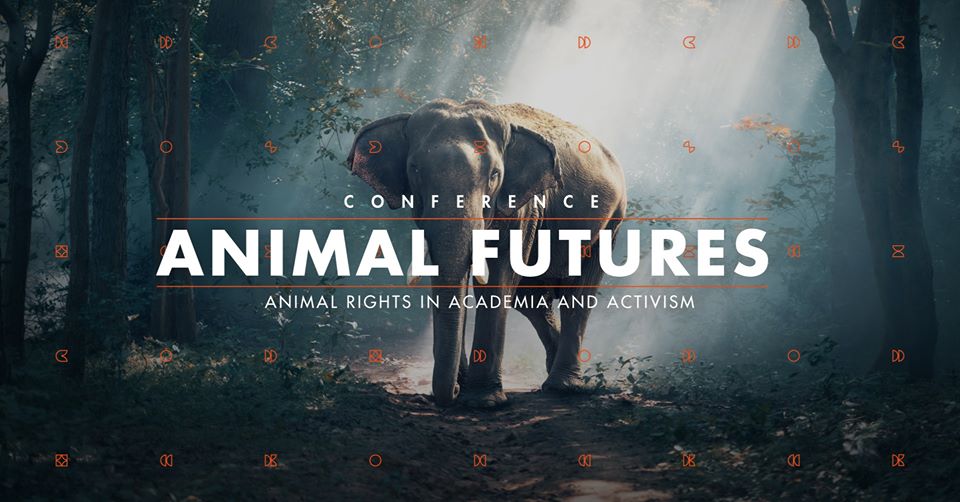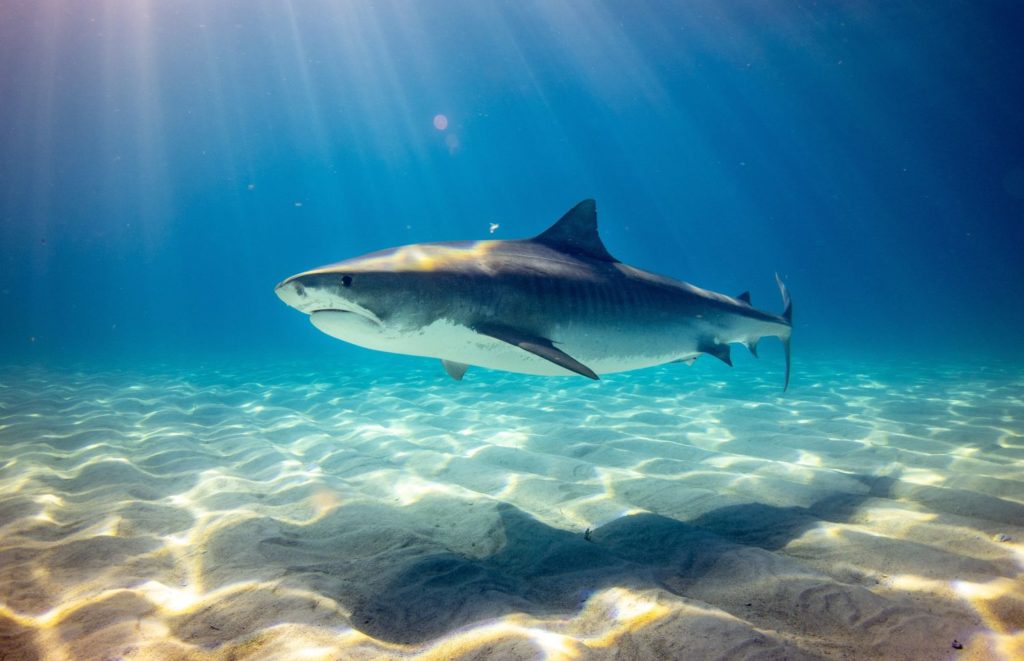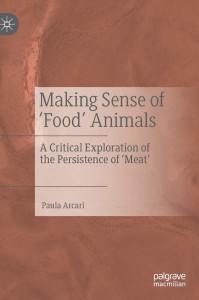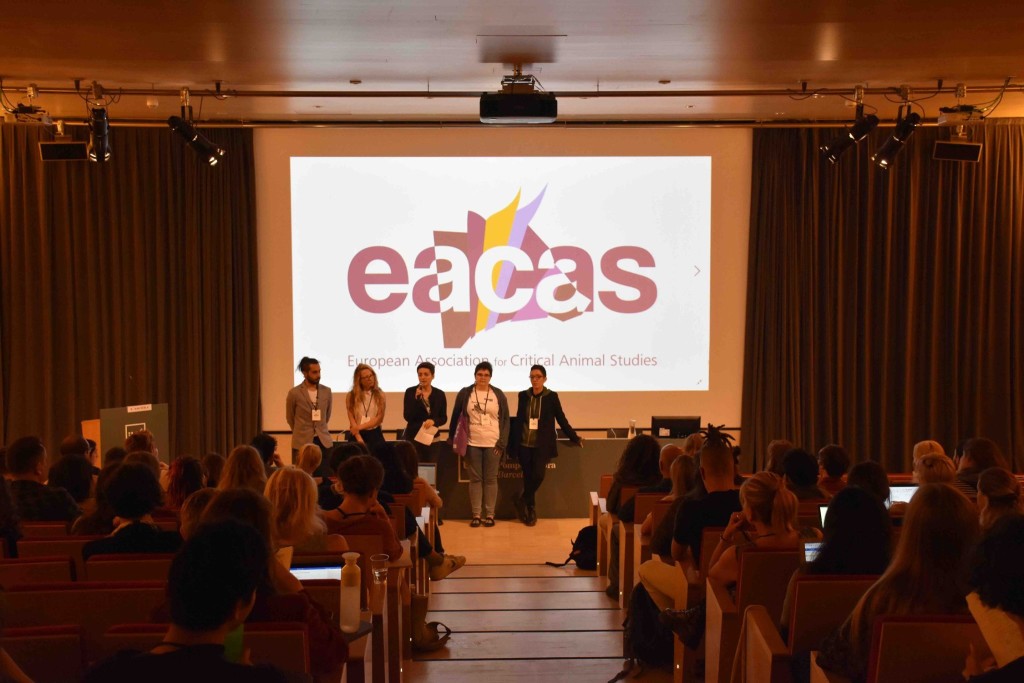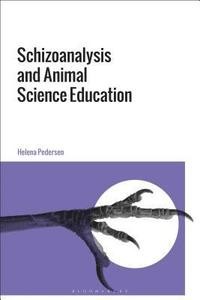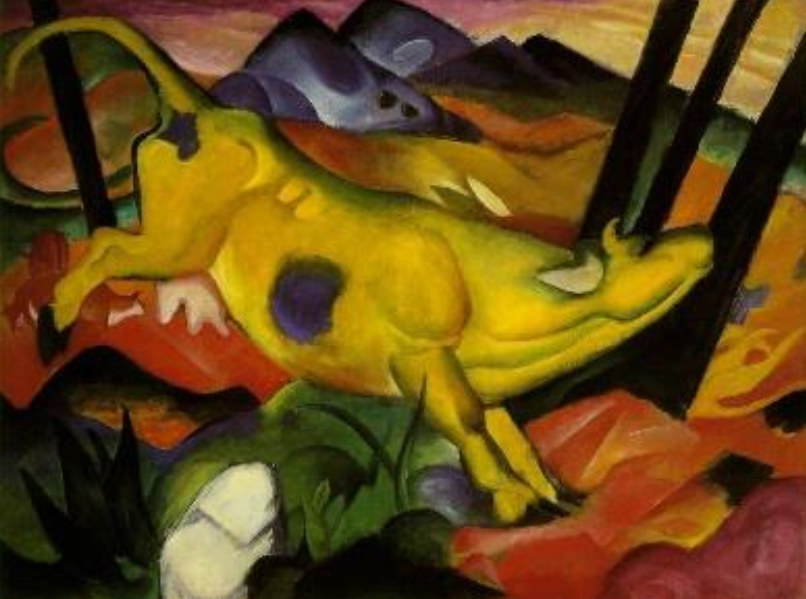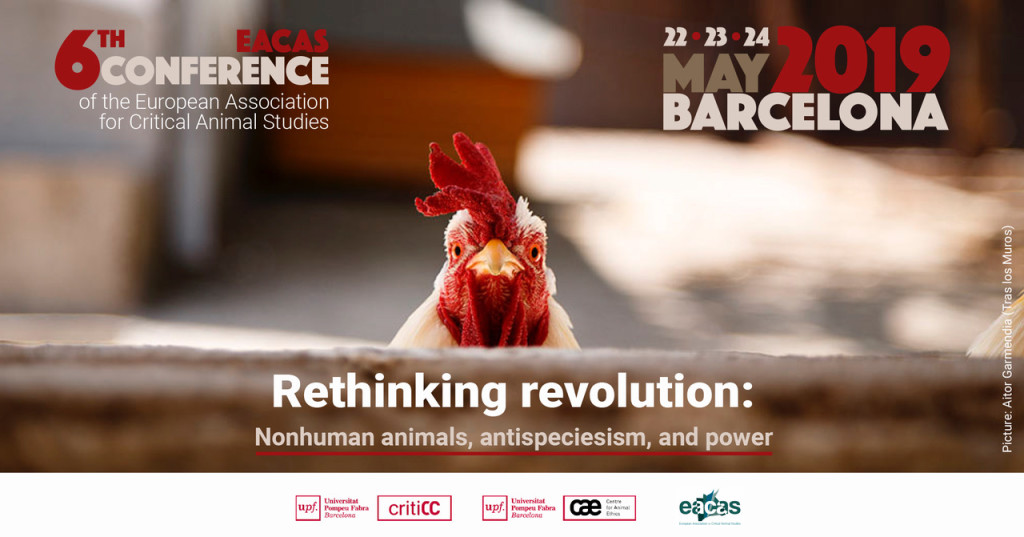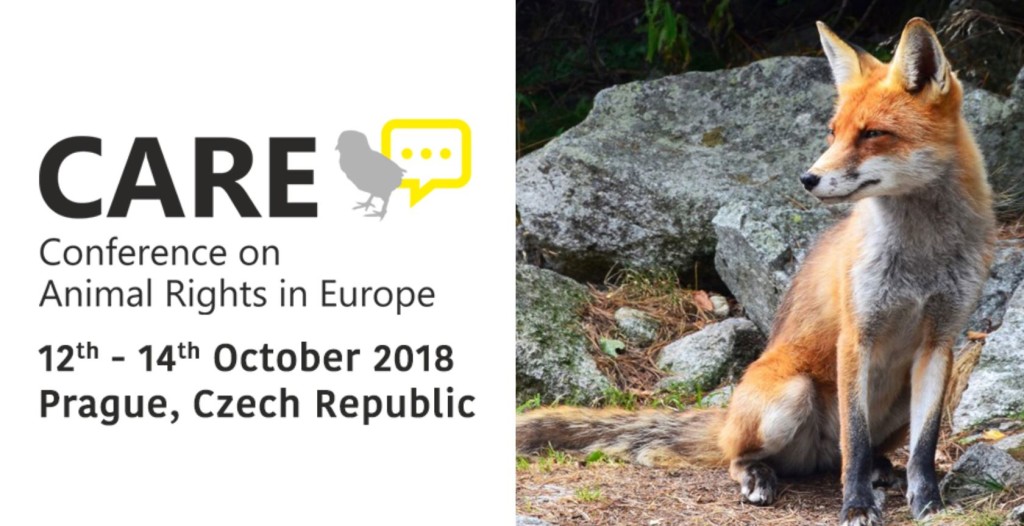CALL FOR BOOK CHAPTERS for the volume
Denialism in Environmental and Animal Abuse: Averting Our Gaze
in the Lexington Books series: Environment and Society
(series ed. Douglas Vakoch)
Editors:
Dr. Tomaž Grušovnik (Faculty of Education, University of Primorska, Slovenia)
Dr. Karen Lykke Syse (Centre for Development and the Environment, University of Oslo, Norway)
Dr. Reingard Spannring (Institute for Educational Studies, University of Innsbruck, Austria),
Short outline:
Despite readily available facts and figures regarding human-caused natural degradation and often overwhelming scientific consensus on issues related to environmental pollution, we are still faced with the disbelief about the existence and extent of anthropogenic impact on the environment. The failure of the so-called Information Deficit Model, according to which public inaction and apathy are generally attributable to lack of relevant information, prompted natural and socials sciences as well as humanities to look for alternative accounts of passivity and inertia in the field of environmental education and awareness-raising. Thus, in the last two decades researchers increasingly focused on the concept of “denialism” as the more suitable explanation of the lack of significant environmental change. Several fields contributed to our understanding of the phenomenon, including anthropology, social psychology, philosophy, sociology, linguistics, ecocriticism, natural science and science communication. The proposed edited volume thus seeks to provide a clear and comprehensive contribution to our understanding of the “environmental denial” with chapters from researchers in natural and social sciences as well as humanities, disclosing the multifaceted appearance of the concept by approaching it from different perspectives.
In somewhat similar fashion to environmental disciplines, animal ethics, critical animal studies, and related fields also stumbled on an analogous phenomenon when trying to account for our increasing meat consumption and lack of empathy for the animals slaughtered in the industries despite the efforts of educators, activists, and academia to raise the awareness of the harsh realities of “Animal-Industrial Complex.” Indeed, several papers in recent decades have focused on consumers’ cognitive dissonance as the vehicle for ignorance, as well as on the drastic consequences of the denial, including Perpetration-Induced-Traumatic-Stress that occurs in workplaces demanding repeated exposure to violence. As the research shows, more than hundred and fifty billions of animals killed annually by the industries are hardly a consequence of our ignorance and lack of empathy; to the contrary, withdrawal of compassion for the suffering animals can be seen as a product of socialization into carnistic societies. The edited volume thus also aims to present the reader with recent insights into the denial of animal sentience, subjectivity, and agency in range of contexts, providing opportunity of both denialism debates – environmental as well as animal – to mutually shed light onto each other.
Book chapters explicitly addressing at least one of the following issues are welcomed:
– psychological, anthropological, sociological and/or philosophical aspects of environmental denialism;
– cognitive dissonance and denialism in carnistic societies;
– consequences of denialism in Animal-Industrial Complex;
– environmental education and environmental denial;
– animal rights education and denial of animal subjectivity and agency;
– denialism and possible alternative explanations of refusal to acknowledge environmental and animal abuse;
– similar topics that explicitly address denialism in the context of environmental and animal abuse;
Submission procedure:
Chapter proposal submissions are invited from researchers and academics on or before September 30, 2019. Proposals should not exceed 1000 words, presenting main arguments of the chapter and explaining how they fit into the general theme of the volume.
Proposals in Word or PDF formats (Times New Roman, 12, 1.5 spacing) should be sent to
tomaz.grusovnik@pef.upr.si and reingard.spannring@uibk.ac.at
on or before the specified date together with author’s CVs. Authors will be notified about the potential acceptance of their chapters by October 31, 2019. Full chapter submissions will be due by January 31, 2020. Full chapters should be around 6000 words in length, following Lexington “Production Guidelines” (https://rowman.com/Page/PROGUIDE). All chapters will be subject to peer-reviews. Once the chapters have been reviewed, final chapters will have to be submitted within 2 months from the date they are returned to authors. The volume is planned to be published in late 2020 or early 2021. For more information about the project please write to Tomaž Grušovnik and Reingard Spannring to the above addresses.

